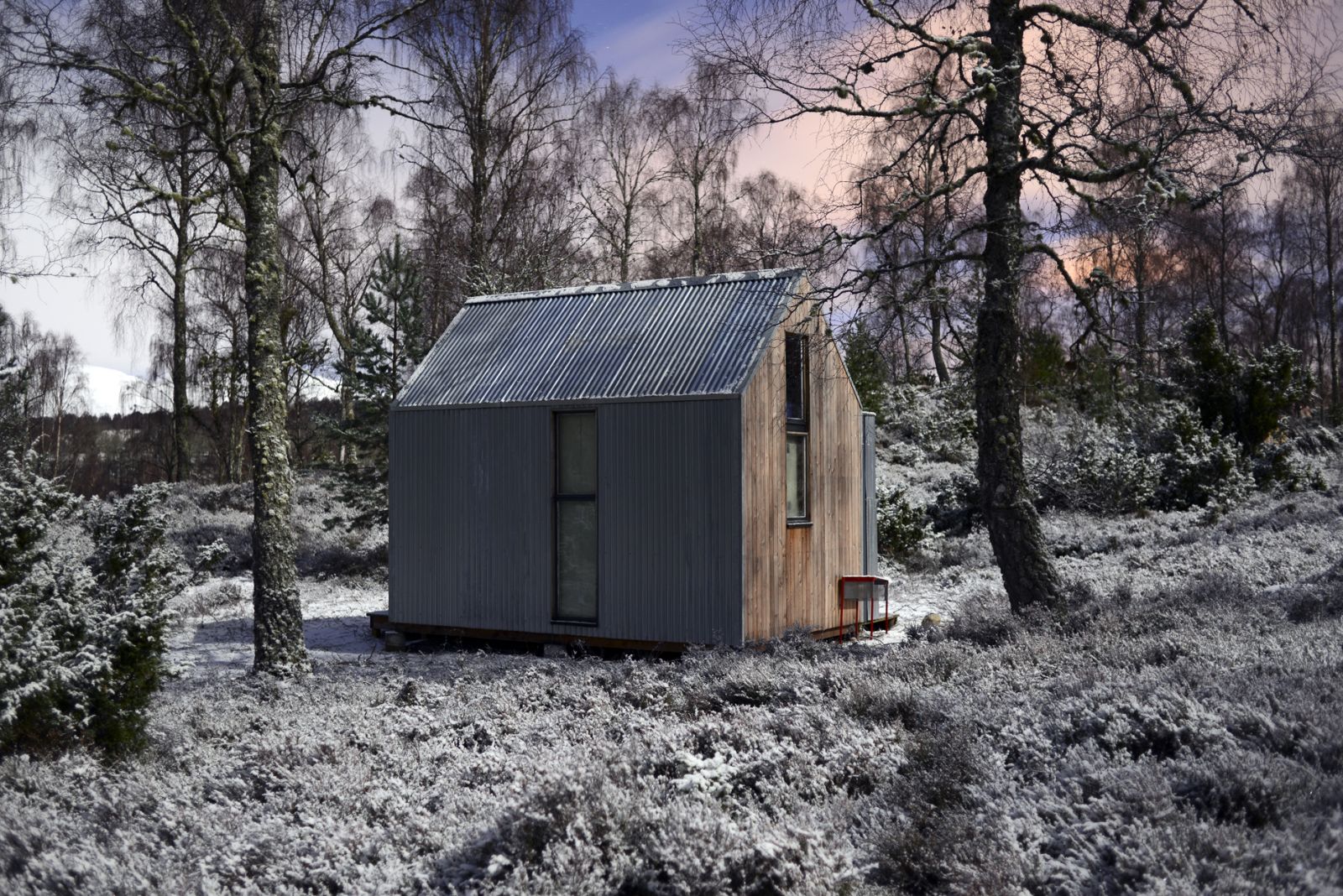Mouthpiece: Kat Hill
Skye-based writer, researcher and community engagement officer Kat Hill has spent the last four years working on a book about mountain bothies and the people you find in them. Here she considers their practical and symbolic importance in the 21st century
%20-%20crop.jpg)
When I first visited a bothy, tramping alongside Loch Etive to Cadderlie in misty rain, I could little have imagined where my journey would lead. Tied to the city, working a job I disliked and fresh from a traumatic relationship, I relished the freedom of being amidst Scottish mountains, without signal but with good company. If you’ve only really heard about them on Killing Eve, bothies are free mountain shelters mostly found in Scotland, though also in England and Wales. They are basic huts without running water or electricity, located in remote places. When hiking exploded after World War I, men and women escaped cities, reclaiming rundown cottages and stalking huts as shelters. Bothies are free, unlocked, unbookable and available for anyone. You never know who’ll be there and I love the anonymous camaraderie with fellow travellers.

At the basic level, these are places to rest weary legs on walks, to shelter from storms or biting winds. Bothies provide refuge, but their meaning stretches beyond mere physical shelter. Life has a pleasing simplicity as you become the bothy’s custodian for a night or two, a counterpoint to modernity’s clattering complexity. For me, they were a place I shed worries for a while and found a personal kind of refuge, but not because I was in isolated wilderness or simply forgot everything. Rather, when we lament disconnection from people and places, bothies embody solidarity and community. If you visit bothies, you’re responsible for leaving them as you find them; for sweeping, removing rubbish, looking after the environment and fastening doors against winds. Staying involves collective care for others and fragile landscapes.
Bothies are often in stunning environments. I’m not going to lie, it’s part of the appeal. They make nature’s wild world accessible for many. But their significance is also in connections that flourish in small spaces, to people and the living world. In our fractured age of conflict, climate change and social crises, it’s sometimes hard to believe in the common good or our ability to care. Happiness often seems elusive; such hard work. I’m not claiming bothies furnish solutions to global ills, but in simple shelters, where I laughed, rested, was playful and thoughtful, and delighted in nature, I can reimagine what happiness means. I can’t put it better than a boy, Calum, who wrote in a bothy visitor book, ‘I like the hut’.
Kat Hill: Bothy – In Search Of Simple Shelter is published by William Collins on Thursday 9 May; main picture: Nicholas JR.